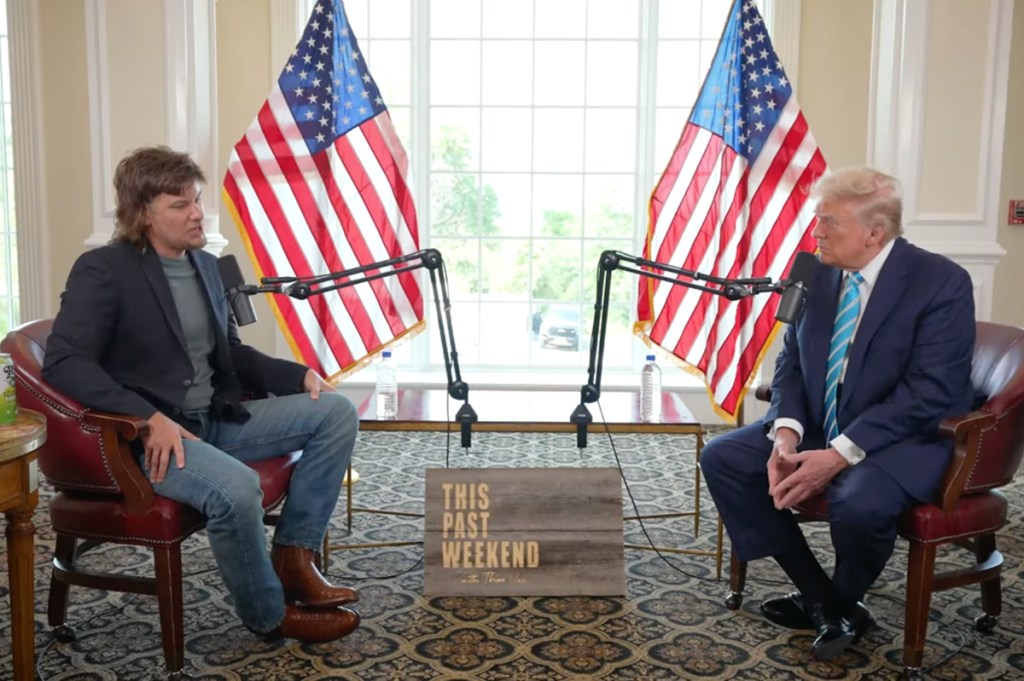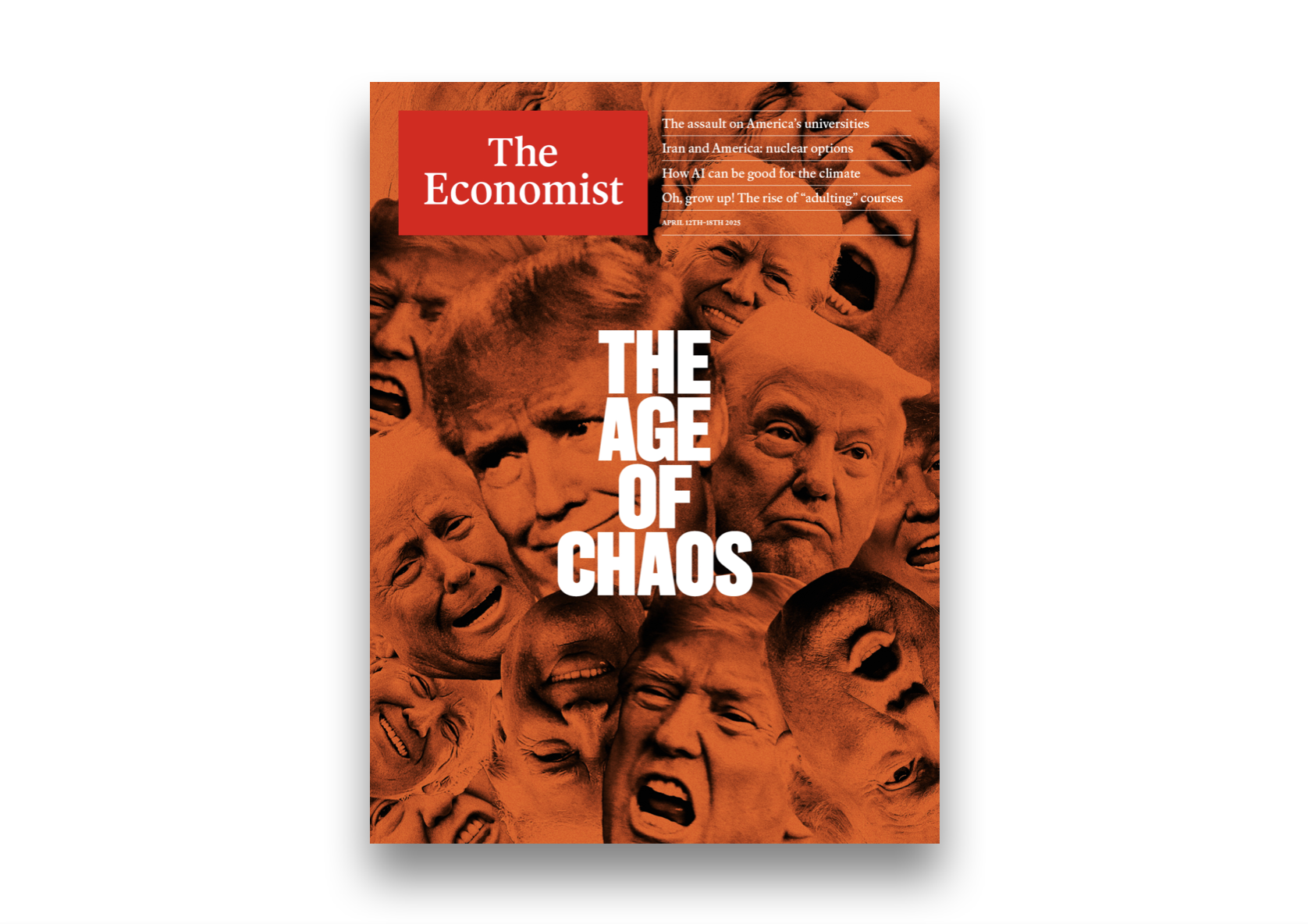As Democrats met in Chicago for their party convention, Trump made his latest podcast appearance on Theo Von’s This Past Weekend. The Republican nominee showcased his intention to make the election less about vibes and more about policy, while showing a side of himself that’s not often on display at his rallies or press conferences.
One great part of the podcast focuses on Trump’s relationship with his family, which even Hillary Clinton once praised. He talked about his brother Fred, who passed away twenty-five years ago, explaining how his experiences — and advice — are the reasons for why he has never had a “drop of alcohol,” drugs or even a cigarette.
“What’s something that you miss about him?” Von asked. “He was wise in a sense,” Trump responded. “He had this problem and it was very important for him to convey to me not to have this problem. And I couldn’t be successful if I had [followed that path].”
Von went on to share similar experiences. “Sometimes our older brothers take the speed bumps for us… My brother went through a lot of stuff that I didn’t have to go through.”
“Is he OK now?” a caring Trump asked.
After Von asked him to recall some happy memories, Trump talked about his brother’s love for flying — “he was a pilot… but ultimately he had to give that up because of the alcohol.”
In a sly transition, Von moved the conversation to the national, more specifically, the opioid epidemic. Trump flexed a bit about his record, yet things rapidly took a turn.
“Is cocaine a stronger up?” Trump asked Von after he talked about using drugs. “Cocaine will turn you into a damn owl homie, ya know what I’m saying?” Von replied. “You’ll be out on your own porch. You’ll be your own street lamp. You’ll freak—” Trump interrupted, “And is that a good feeling? It’s a miserable feeling!”
“There are 18,000 Big Pharma lobbyists in Washington, DC, there’s only 535 total [members of Congress]… how do we stop that?” Von asked. “Well, you have to stop listening to lobbyists,” Trump responded. Unsatisfied, Von insisted, “But can you stop that?” hinting, in his own way, at government action. Trump answered by making the case for banning elected officials — or those who “work in government” — from being able to become lobbyists.
Recalling a previous podcast he did with Senator Bernie Sanders, Von then asked Trump about healthcare. The two conversed about Trump’s “Improving Price and Quality Transparency in American Healthcare” Executive Order, which essentially sought to encourage competition by mandating that insurers tell consumers the prices of their health products and services up front.
“Who is behind the healthcare, insurance, that whole thing?” Von asked, asserting that he feels that Senator Chuck Schumer may be a “deviant mastermind” in the space. Trump didn’t disagree — and when pressed on whether the healthcare lobby cared about money to the detriment of Americans’ health, he straightforwardly said yes.
The two spent time talking about other lobbies, from teachers to lawyers (“the most powerful lobby,” according to Trump). The more it went on, the more it felt like a nightly talk with one of your college friends.
Other notable highlights included Trump rejecting the idea that he ever considered Robert F. Kennedy Jr. as a VP pick and a discussion of immigration.
Ever since the former president made an appearance on the Nelk Boys’s Full Send podcast two years ago, following UFC CEO Dana White’s recommendation, Trump has carved out a niche for himself in the bro-pod world. Blasting some Elvis Presley — and some dance moves — with top streamer Adin Ross, recording TikToks with influencer Logan Paul and chatting it up with Elon Musk on an X livestream are just some of the recent places Donald Trump has spent time these last few months.
The tactic might prove electorally beneficial. For one, these spaces’ audiences skew young and male, a demographic Trump has increasingly performed well with. The issue, however, is that most bros don’t vote. Yet by frequenting the pods, Trump’s campaign is betting on translating increased support into actual votes.
Partially inspired by his youngest son Barron Trump, who personally gets along with many of the podcasters, these appearances are growing more frequent. While unorthodox, combined with a continued presence in spaces were more reliable older voters frequent, the pivot to pods makes sense.

























